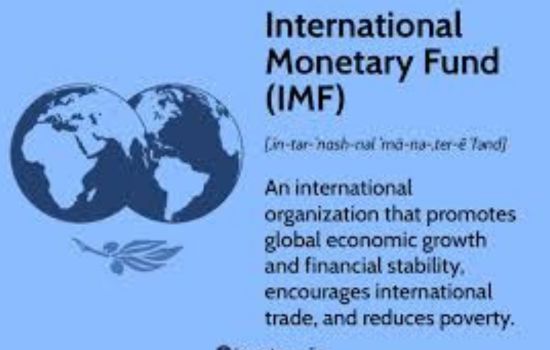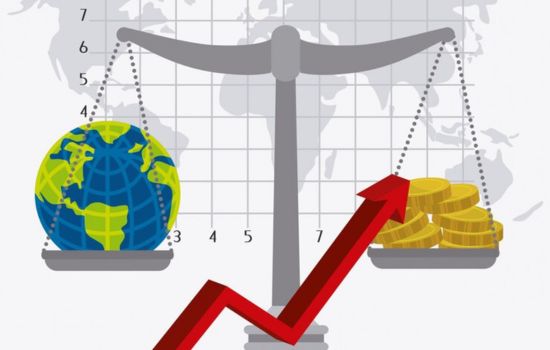As one of the main foundations of the global financial system, the International Monetary Fund (IMF) provides its member nations with technical know-how, financial support, and policy recommendations. Even though its function is frequently questioned and examined, especially in light of economic conditionality, its aid programs are essential in assisting developing nations in overcoming obstacles to growth and achieving sustainable development. We’ll examine how the IMF assists developing nations and the effects of its interventions on their economies in this blog article.
Table of Contents
IMF Programs and Assistance

Financial Support:
The IMF provides financial assistance to developing nations during times of need as one of its main methods of assistance. This support is offered in a number of formats, such as grants, credit lines, and loans. These monies can play a crucial role in helping economies that are experiencing fiscal imbalances, currency devaluations, or balance of payments crises stabilize. The IMF assists nations in meeting their immediate financial obligations and regaining investor confidence by lending financial resources.
Policy Advice and Technical Assistance:
The IMF provides technical assistance and policy advice in addition to financial support to assist nations in developing and implementing effective economic policies. Aiming to promote macroeconomic stability, sustainable growth, and poverty reduction, these recommendations cover exchange rate regimes, monetary policy, fiscal management, and structural reforms. IMF specialists collaborate closely with governments to evaluate economic issues, establish priorities, and create suitable policy solutions that are suited to the unique conditions of each nation.

Capacity Building:
The IMF is also essential to member nations’ efforts to develop their institutional capacities. It supports the development of government agencies, central banks, finance ministries, and regulatory authorities through training courses, workshops, and seminars. The IMF gives countries the tools they need to run their economies more effectively, create policies that work, and take autonomous action in the face of new challenges by improving technical knowledge and skills.
Impact of IMF Assistance on Poor Countries
Economic Stability:
IMF support gives nations the financial resources they need to weather crises and avoid default, which promotes economic stability. IMF programs contribute to the creation of an environment that is favorable for sustainable growth and investment by limiting inflationary pressures, restoring investor confidence, and stabilizing exchange rates.

Debt Sustainability:
IMF loans frequently have requirements meant to improve debt sustainability and budgetary restraint. Although conditionality has faced criticism, these policies have the potential to significantly improve governance, increase transparency, and address underlying structural inequities. The IMF assists nations in achieving long-term fiscal sustainability and lowering their susceptibility to debt crises by encouraging fiscal responsibility and good debt management.

Structural Reforms:
Structural reforms intended to boost competitiveness, encourage economic diversification, and support private sector growth are frequently incorporated into IMF plans. These reforms such as labour market modifications or austerity measures may cause short-term suffering, but they are crucial for maximizing long-term economic potential and enhancing the economy’s overall resilience.
Poverty Reduction:
Reducing poverty and fostering sustainable economic growth are the ultimate objectives of IMF support. IMF programs help reduce poverty and advance society by promoting macroeconomic stability, increasing productivity, and generating job opportunities. The negative effects of economic adjustment policies on disadvantaged populations can also be lessened by IMF-supported reforms that prioritize expenditures in social safety nets, healthcare, and education.
Conclusion:
Even though the IMF has come under fire for its practices and conditionality, its aid initiatives are essential to helping developing nations in need. The IMF assists nations in restoring fiscal sustainability, fostering inclusive growth, and stabilizing their economies through technical assistance, policy recommendations, and financial support. But it’s crucial to understand that IMF support is only one component of the jigsaw, and that coordinated efforts from governments, international organizations, the private sector, and civil society are all necessary for sustainable development. Together, we can create a more secure and prosperous future for everybody.

